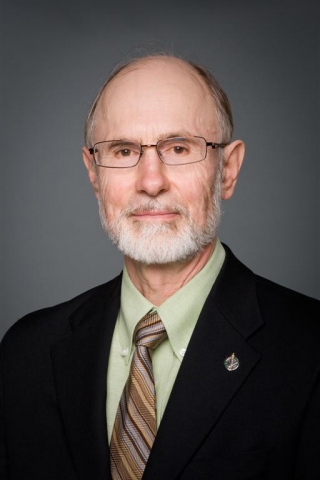OP/ED: Public consultation on the Department Of Peace bill
As part of its annual general meeting, the Canadian Department of Peace Initiative held the last of its public consultations on the creation of a Department of Peace.
The meeting which took place at St. Paul University in Ottawa featured a panel of five commissioners and interventions from the public. (It was especially interesting for me to attend since the discussions centered around my Private Members Bill C-373, An Act to Establish a Department of Peace.
The first speaker, Paul Dewar (NDP Foreign Affairs critic) spoke about how the conflict where 5 million have died in the Congo has been largely ignored by the world. He emphasized how Canada should be taking the lead to try and bring an end to this conflict. Paul also mentioned that a Department of Peace could play a major role in abolishing nuclear arms and that Ottawa could play a major role towards a nuclear convention. Canada has a history of bringing people together and needs to be front and centre as a partner for peace.
The next speaker Dave Farthing, Director of YouCan (Youth) described how his organization trains young people to resolve conflicts. He stated that a Department of Peace could pull all those initiatives together and that youth could help other youth who had been drawn into violence.
Steve Staples, President of the Rideau Institute, talked about how Remembrance Day appears to be changing in Canada. Often, our ceremonies talk about military history and victories rather than concentrating on a need for peace as we pay respect and tribute to our fallen. Steven mentioned a poll in which those in the 18-30 age group were asked what Remembrance Day meant to them. 71% stated that remembering those soldiers who gave their lives was most important, but when asked what was more important, history or remembering peace, 2 out of 3 stated peace.
Dennis Gruending, journalist and former MP, talked about the peace initiative as a communications challenge and the fact that “big ideas” are what create history. He gave as examples the fact that the right for women to vote as well as public health care started as ideas. Dennis outlined that peace building is not a dirty word in Canada and that it is ironic that those who promote wars are called “realists” where those who promote peace are called “idealists”.
The final speaker of the day was Nicole Charron, a professional mediator who works in conflict resolution. She talked about how Canadian companies are complicit in the Congo tragedy and how rape has become an instrument of war. Nicole stated that in spite of the fact that Canada is considered a safe country, we do have this “illusion of security” that we are safe. She asked where in Canada do we have a space to create a mindset of peace and concluded by stating that instead of a love of power, what the world needs is the power of love.
I had a chance over the weekend to spend some time with those who have spent many years in the promotion of peace.
The creation of a culture of peace or a Department of Peace does not mean that we do away with our Department of National Defence or our Armed Forces. I believe that Canada should have an effective well trained military. However, we the citizens of Canada should have a say what role our Armed Forces should be playing.
A Minister of Peace could work very well with the Minister of Defence and Foreign Affairs to coordinate an approach to various situations. For example, here is an example of our recent history where a Canadian Department of Peace could have played an active role. According to Graeme MacQueen of McMaster Peace Studies Centre, their organization sought funding to work in Afghanistan through the 1990s when the Soviets had retreated and people needed and wanted help from the West to rebuild. We all know what kind of a priority it became and the toll it took on our country. Had there been a Department of Peace at that time, maybe, just maybe, history would have taken a different course.
Alex Atamanenko is the MP for BC Southern Interior.






















